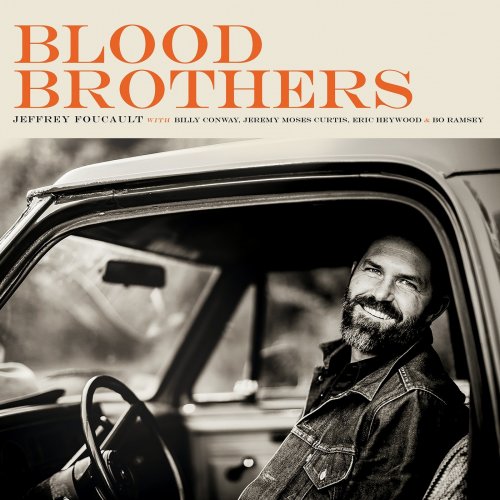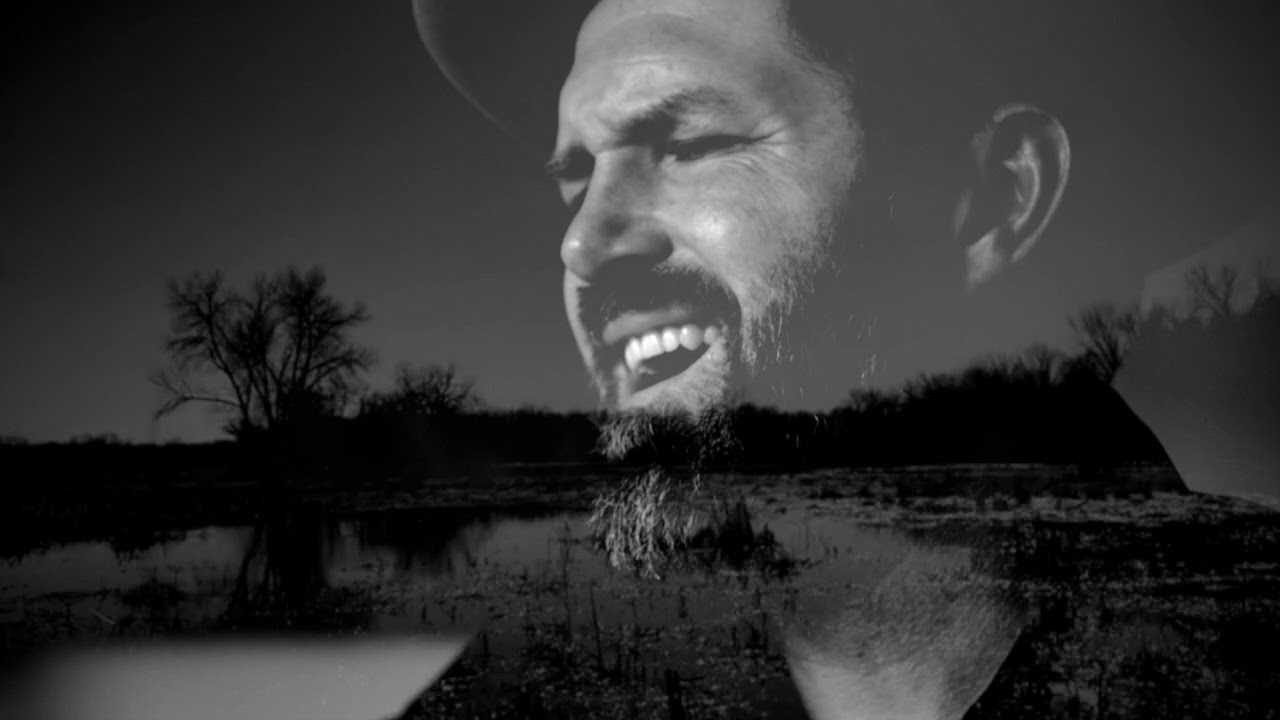
Album review: Jeffery Foucault — Blood Brothers (Blueblade Records)
After the brooding introspection of his previous album, Salt as Wolves, singer-songwriter Jeffrey Foucault comes up for big gulps of air, and perhaps his most genial album. It’s down-home music & poetry in a firm, warm handclasp.
Yet, even while striving to connect, Foucault takes chances. The title song “Blood Brothers,” hung on a descending bass line alluring as low-hanging fruit, is a love ode between men, yet sexually ambiguous. It recalls the fast friendship between surprise bedmates Ishmael and Queequeg in Moby-Dick, which Foucault celebrated in his very first album.1
This artist’s work is hard-earned. He throws all of himself into his song, yet the balance between reflection and passion sounds effortless. Foucault’s singing is dusky, beguiling and grainy as uncut wheat, yet as nuanced as a sideways-drifting wind.
The internationally acclaimed, East Coast-based, Whitewater, Wis. native is currently (and arguably) the Upper Midwest’s strongest roots music export (Nobel Prize-winning Minnesota-native Bob Dylan is sort of in his own category).
Foucault’s a guy who’s hardly figured everything out, but he sure knows how to say what swims in his brain and in the blood from his heart. That organic metaphor, as far as it goes, belies the great labor of craft underlying this music. His writing seems unpolished, but as right as rain. Still, he exudes utterly disarming humility. Blood brother or not, he feels like the first guy you invite for a backyard barbecue.

Photo montage courtesy YouTube
___________
1 Though he doesn’t identify the source, in his liner notes to his debut album Miles from the Lightning (2001), Foucault quotes from the end of the highly comical Ch. 12 — “Biographical,” from Moby-Dick, by Herman Melville. The aptness to Blood Brothers prompts me to revisit the quote, with context. First-time whaling sailor Ishmael quickly bonds with the lead harpoonist, the Polynesian Queequeg, for the ship they’ll sail on, when the two men are forced to share a bed in a crowded Spooner Inn, before they embark on The Pequod.:
“His story ended with his pipe’s last dying puff, Queequeg embraced me, pressed his forehead against mine and, blowing out the light, we rolled over from one another, this way and that, and very soon were sleeping.”
This view was published in a slightly shorter form in The Shepherd Express:Foucault review

